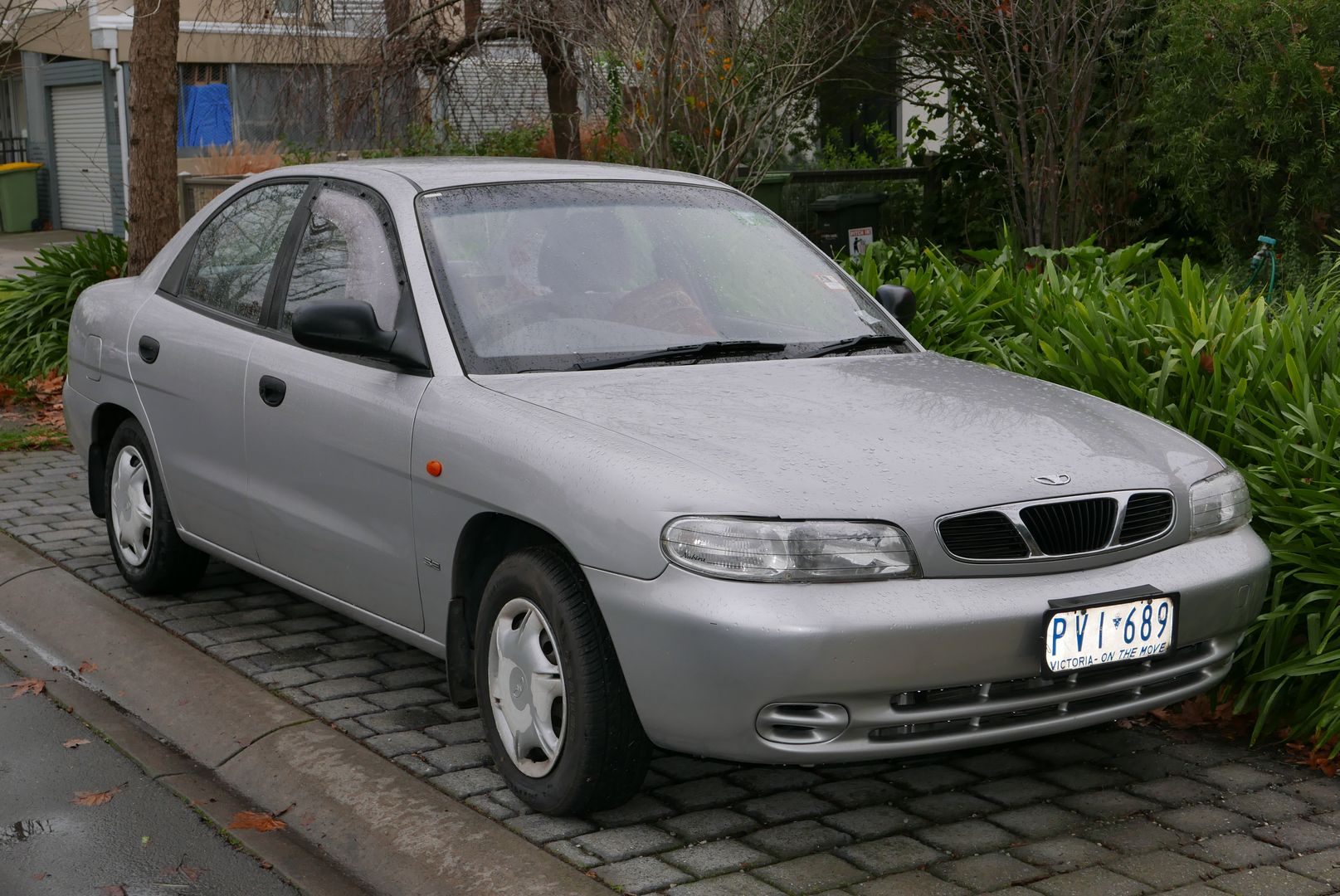Passenger Car Factory
6.81

Overview
The Passenger Car Factory (FSO) was a key enterprise in the Polish automotive industry, located in Warsaw, which began operations after World War II. Its history is tied to the reconstruction of the automotive sector in Poland and to licenses for car production. In 1948, the Polish government signed an agreement with Fiat to build a factory and produce the Fiat 1100 model, but due to political turmoil, the deal was terminated, and FSO instead launched production of the Soviet GAZ-M20 Pobeda. The first car, the Warszawa M-20, rolled off the production line in 1951. FSO produced many well-known models, including the Warszawa, Syrena, and Polonez, thereby contributing to the development of Poland's automotive industry. In 1965, a license was acquired for the Fiat 125p, which led to the modernization of the plant. In the 1980s, the factory faced economic difficulties, but in 1995, it began a partnership with Daewoo as Daewoo-FSO. FSO manufactured numerous car models and achieved record production levels in the 1980s. In 1997, production of the Daewoo Lanos and Matiz was launched. Following the 2008 financial crisis, FSO began producing the Chevrolet Aveo, which was the last model before production ceased in 2011. The FSO buildings in Warsaw are an important example of industrial architecture, and their future is linked to transformation into residential and office spaces. FSO also holds cultural significance, appearing in many Polish films and documentaries, underscoring its place in automotive and pop culture history. Despite reduced production, FSO survived as a company, engaging in various automotive and industrial activities. In recent years, redevelopment plans have been submitted for the post-industrial site, which may contribute to the area's revitalization.
Location
Tickets
Powered by GetYourGuide
2026 Wizytor | All Rights Reserved